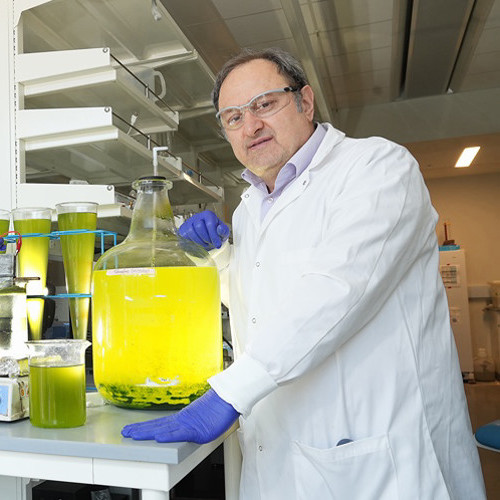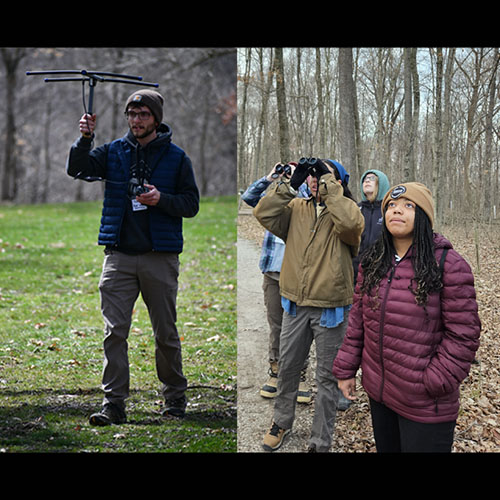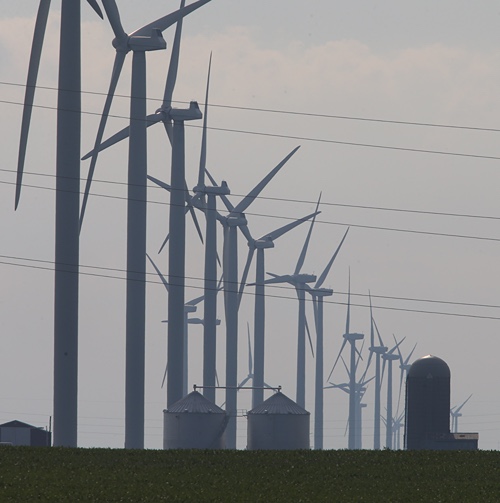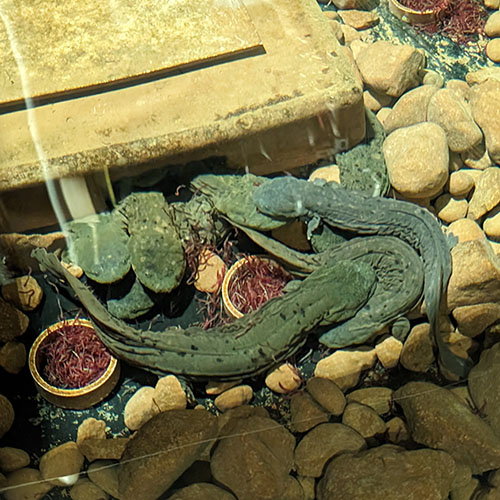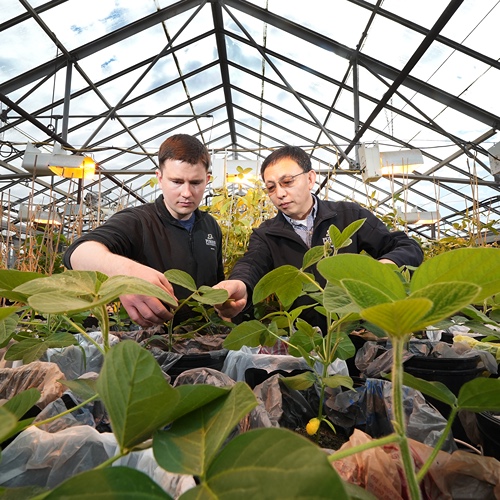Technologies such as genetically modified organisms (GMOs) have changed the scope and methodology of agriculture and, according to their proponents, created solutions to global food shortages and other problems. However, as the industry has changed, public controversy surrounding science-driven issues like genetic engineering, livestock farming, and climate change has continued to grow. According to Beth Forbes, director of science communication in Purdue University’s Department of Agricultural Sciences Education and Communication, addressing these controversies and improving the public’s scientific literacy is more complicated than many advocates think.
“The factors behind controversial issues go deeper than simple misunderstanding,” Forbes said. “At the root of these concerns may be questions of trust, differing values, safety and health concerns and fears of unintended consequences.”
For Forbes, effective science communication is the key to understanding and changing public perception of controversial topics in agriculture and other STEM fields. Though public conversations around controversial science topics can easily turn harsh, Forbes believes that dialogue and engagement with people who distrust scientific knowledge can help scientists and other professionals communicate the importance of scientific information more effectively.
“Ironically, those who want to advocate for agriculture can be more successful when they learn to listen and engage,” Forbes said.
In her online certificate course, Communicating Controversial Science, Forbes teaches people how to communicate scientific information more effectively by using listening skills to understand and engage with a variety of different audiences. The online course covers topics such as how scientific information becomes controversial, reasons why people believe misinformation, message framing for different audiences, and how to engage in discussions with those who feel differently on a topic.
Forbes has over twenty years of experience teaching people how to communicate about controversial issues in agriculture, though her expertise also extends to other areas of science and technology. Over her career, Forbes has learned that public skepticism towards scientific knowledge is a common response often based on real concerns about the safety and efficacy of new technologies.
“I have found that you can’t educate the public with basic agriculture knowledge,” Forbes said. “Sharing the facts is not enough to reassure a skeptical public that has concerns about new technologies and may mistrust modern agriculture. Effective engagement requires skills that consider the experiences, values and culture of those we communicate with; the need to listen and share information; and the willingness to consider others’ views.”
Purdue’s Communicating Controversial Science course includes six self-paced modules and is open to anyone who wants to learn more about science communication. Students work through the modules on their own schedule by completing readings, watching videos, and engaging in discussions and activities. The course is a good upskilling opportunity for professionals in a variety of fields, including STEM fields and the media and communications fields.
“While designed with those in agriculture in mind, the course is helpful for anyone wanting to improve their communication skills and more effectively share science information on controversial topics,” Forbes said.
To learn more about the course, including how to register, please visit the program’s website.
